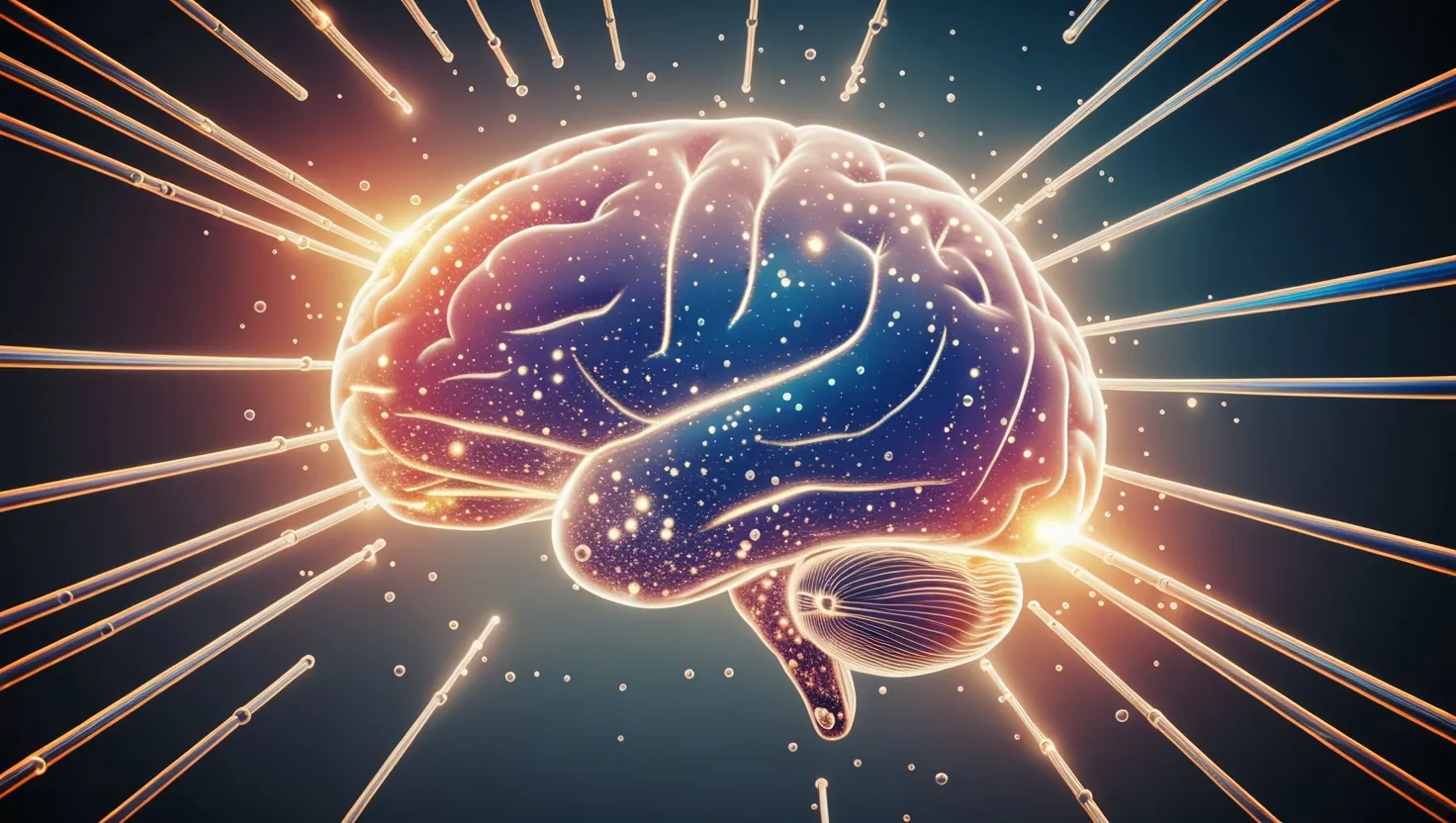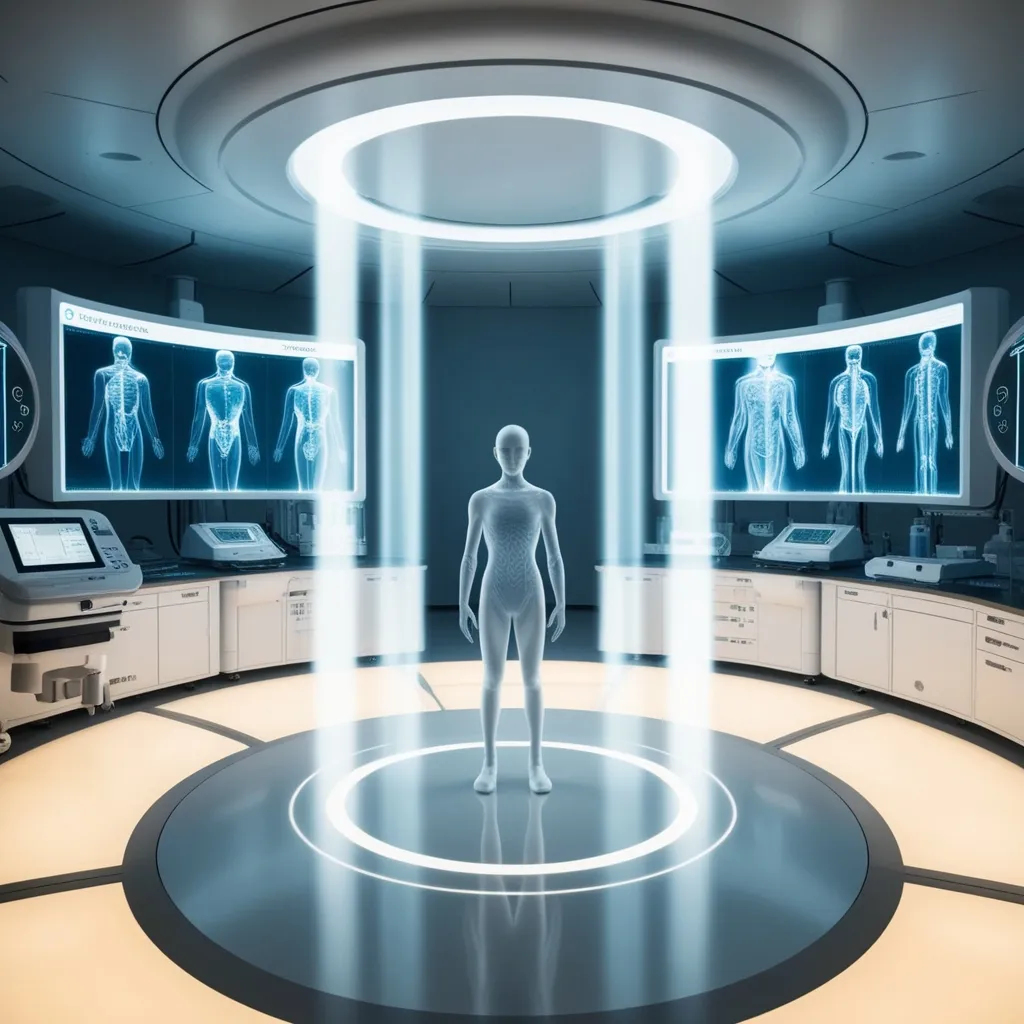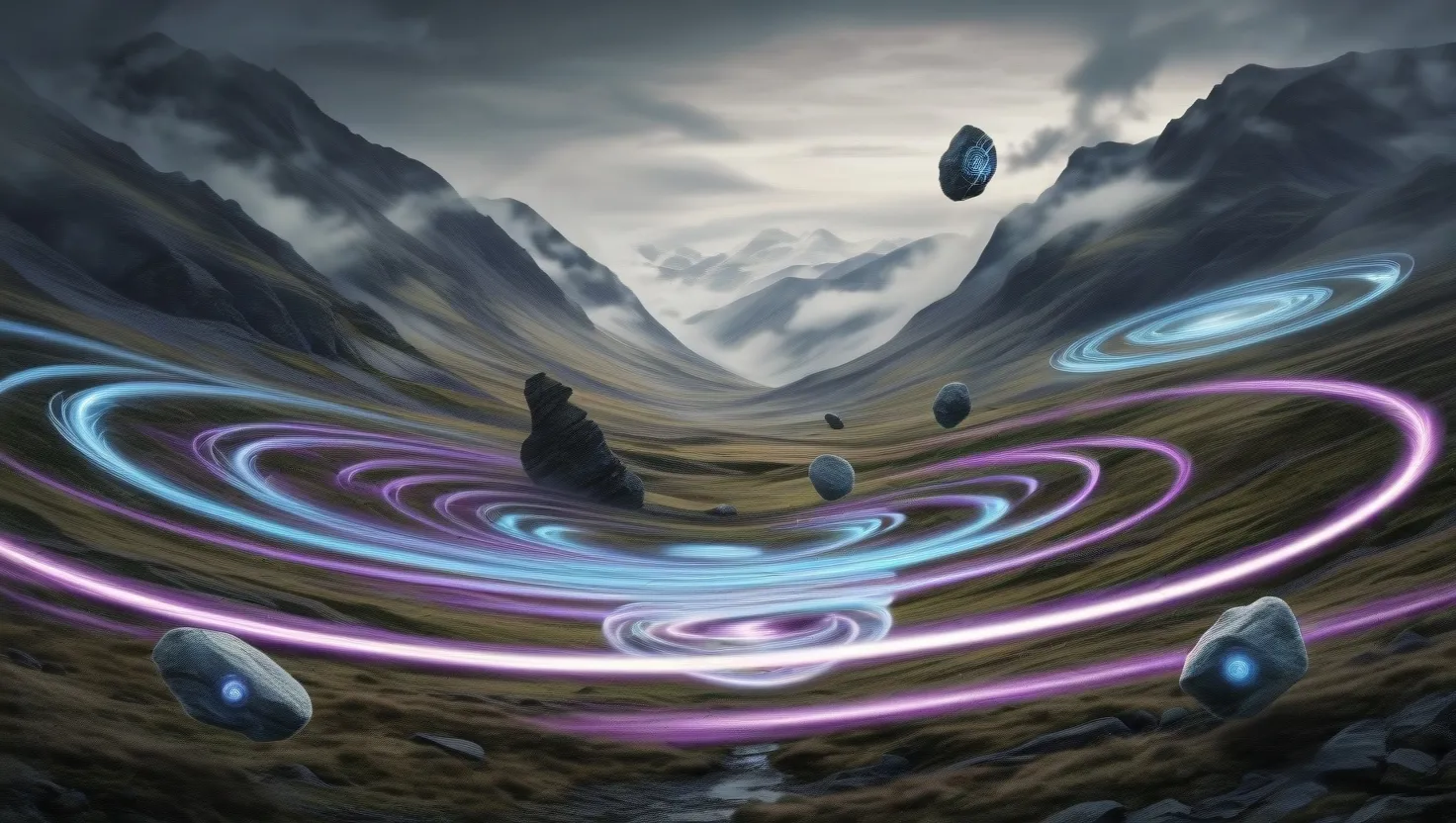As we delve into the intricate and often mysterious realm of human memory, a fascinating theory emerges at the intersection of quantum physics and neuroscience. This concept suggests that our memories might not be solely stored within the confines of our brains, but could instead be quantum echoes from parallel versions of ourselves. The idea is both captivating and unsettling, raising questions about the nature of identity, experience, and the human mind.
Imagine experiencing a strong sense of déjà vu – that feeling of having lived through a moment before, even if you know you haven’t. Or, picture discovering an unexplained skill or talent that seems to come from nowhere. These phenomena have long been the subject of curiosity and speculation. Some scientists propose that these experiences could be more than just quirks of the brain; they might be glimpses into the lives of our alternate selves, existing in parallel universes or timelines.
To understand this concept, we need to venture into the realm of quantum mechanics. In this world, particles can exist in multiple states simultaneously, a phenomenon known as superposition. When these particles interact, they can become entangled, meaning their properties are connected even when separated by vast distances. Researchers are now exploring how these principles might apply to human consciousness and memory.
Recent advancements in quantum memory, for instance, have shown that quantum information can be stored and retrieved in ways that defy classical understanding. Scientists have successfully entangled quantum memories across urban networks, using telecommunications fibers to link these memories and sustain entanglement for significant periods in the quantum realm[1].
This raises an intriguing question: could our minds be functioning as quantum computers, processing information across multiple realities? The idea might seem like the stuff of science fiction, but it’s an area that some researchers are beginning to explore seriously.
Consider the work of scientists who have achieved quantum entanglement in urban networks. In Boston and Cambridge, researchers used quantum memories constructed from minuscule diamonds to entangle two qubits (quantum bits) across a 35-kilometer distance. This was done by manipulating photons and using them as mediators to connect the long-lived qubits in each memory[1].
Similarly, in Hefei, China, a team achieved entanglement in a network of three quantum memories separated by fiber links. They used a central station to measure photons from different memories, generating entanglement between distant parts of the network. This process involved complex phase stabilization to correct for changes in fiber length due to temperature shifts and other factors[1].
These experiments, while focused on quantum communication, hint at the broader possibilities of quantum information processing. If our minds could tap into such quantum mechanisms, it could explain phenomena like déjà vu or unexplained skills as glimpses into parallel lives.
The concept of parallel lives or alternate timelines is not new, but when combined with quantum theory, it takes on a new dimension. It suggests that every decision or event creates a branching universe, each with its own version of reality. If our minds are somehow connected across these realities, it could mean that we are carrying fragments of countless lives within us.
This idea is both exhilarating and terrifying. Imagine that every time you make a choice, a new version of you is created in a parallel universe. This would mean that there are infinite versions of you, each living a different life. The memories from these lives could potentially bleed into our current reality, explaining those unexplained skills or feelings of déjà vu.
But what if this is more than just a theoretical concept? What if we could tap into these quantum memories to unlock hidden potential or reveal secrets from other timelines? The implications are staggering. It could mean that we have access to a vast reservoir of knowledge and experience, hidden within the quantum fabric of our minds.
To explore this further, let’s consider the latest breakthroughs in optical memory storage. Researchers at the Argonne National Laboratory and the University of Chicago have proposed a new method of optical storage using rare earth elements embedded within solid materials. This approach could lead to incredibly dense and efficient data storage, leveraging the principles of quantum mechanics to capture and store energy in a highly localized manner[3].
If we apply this thinking to human memory, it suggests that our brains might be using similar mechanisms to store and retrieve information. This could mean that our memories are not just localized in our brains but are part of a larger quantum network, interconnected across different realities.
The work of Dr. Olga Kocharovskaya and her team at Texas A&M University provides another angle on this. They have achieved quantum memory in the hard X-ray range using nuclear frequency combs, which allows for the storage and retrieval of quantum information in a highly stable and long-lived manner. This research opens up the possibility of using nuclear transitions to store quantum information, which could be more robust and long-lasting than current methods[5].
As we ponder the possibility that our minds are secretly quantum computers, processing information across multiple realities, we are forced to question the very nature of identity and experience. Are we just singular beings living linear lives, or are we complex entities with connections to countless parallel lives?
The answer, much like the mysteries of quantum mechanics, remains elusive but intriguing. As we continue to explore the frontiers of quantum physics and neuroscience, we may uncover more about the hidden workings of our minds and the universe we inhabit.
In this journey, we are not just scientists or theorists; we are explorers of the human experience. We are delving into the deepest, most profound questions about who we are and how we fit into the grand tapestry of existence. And as we do so, we may find that the boundaries between reality and fantasy, between science and speculation, begin to blur.
Perhaps, one day, we will discover that our memories are indeed echoes from parallel lives, and that by tapping into these quantum memories, we can unlock hidden potential and reveal secrets from other timelines. Until then, the mystery remains, a cosmic riddle waiting to be solved, a reminder of the awe-inspiring complexity and beauty of the human mind.






